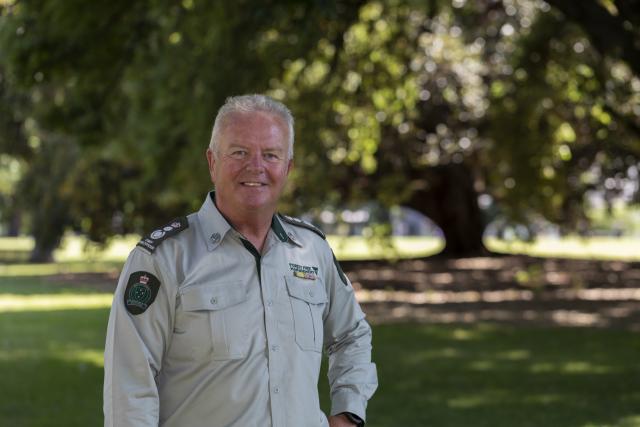A review of I Had Such Friends by Meg Gatland-Veness
The title of Australian author Meg Gatland-Veness’s YA novel comes from the final lines of W.B. Yeats’s poem “The Municipal Gallery Revisited”: “Think where man’s glory most begins and ends / And say my glory was I had such friends.”
As the poet revisits old friends and old memories, he is “heart-smitten with emotion”, immersed in a wave of nostalgia and gratitude. In comparison, the first-person narrator Hamish in I Had Such Friends recalls his teenage years with much sorrow and regret:
“Sometimes we talk about the past, but it gets harder and harder each time. Sometimes we just cry.”
Seventeen-year-old Hamish lives on a cabbage farm and has extremely low self-esteem. As the second least popular student in his country-town high school, he envies those who are more popular and better looking, such as school captain Charlie and his girlfriend Annie.
Hamish finds it difficult to engage with those around him, particularly after the death of his little sister. Not that he enjoys the company of his one and only friend Martin, although their friendship does help reduce the amount of bullying they receive daily.
The turning point comes after Charlie’s death in a car crash. As Hamish gets pulled into the lives of those left behind, he realises that nothing is as it seems. The truths are far more complicated and alarming, the darker sides of Australian youth, school and family culture both undesirable and unavoidable.
One of the hard-hitting themes in the book is the impact of toxic masculinity on how teenagers perceive others and themselves. Not just the misconception that masculinity means being physically strong and superior, but the false assumption has become so prevalent that those failing to abide by it are deemed, by others and even by themselves, as weak and deserving ridicule and
derision.
The author’s own teaching experience has enabled her to explore another unpleasant yet undeniable part of the true nature of a universal high school experience – the use of aggression and violence against those who deviate from the commonly accepted social “norms”. Whether it is Hamish or his more popular friends, bullying happens whenever an individual is judged to be above, below or away from the “standards” recognised and upheld by the collective.
But the most vivid depiction is of the haunting, desperate feeling of loneliness that Hamish and his friends often experience, especially when they are with their family. Every teenager in the story has secrets that they cannot share with their parents, for fear of not being understood, accepted, believed and/or supported. While this feeling of isolation helps them bond with each other, it also deepens their own sense of vulnerability and helplessness.
As the author’s first novel, I Had Such Friends displays the kind of raw brilliance that only debut writers possess, rich in emotions and empathy. While Hamish’s penchant for self-deprecation is occasionally excessive, his is an authentic voice full of love and compassion for his friends. It is this devotion that gives us hope.







